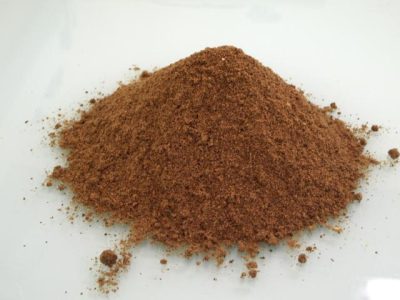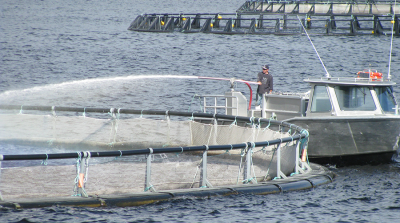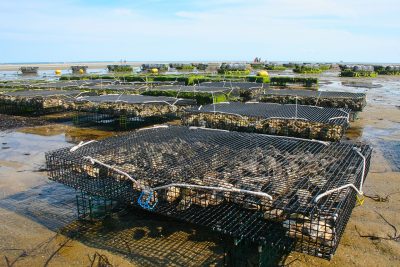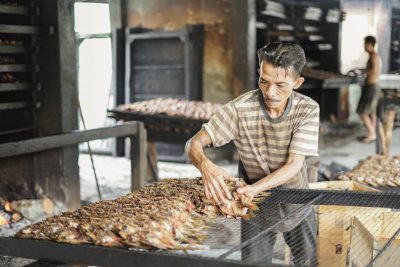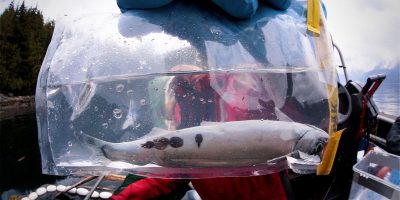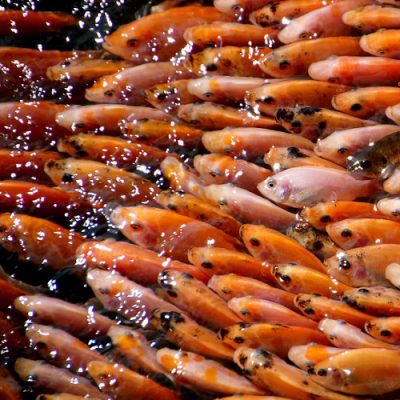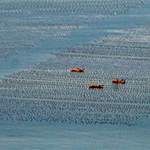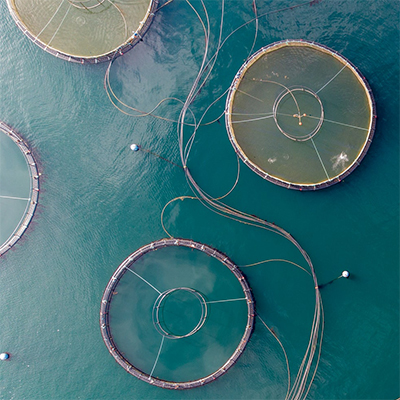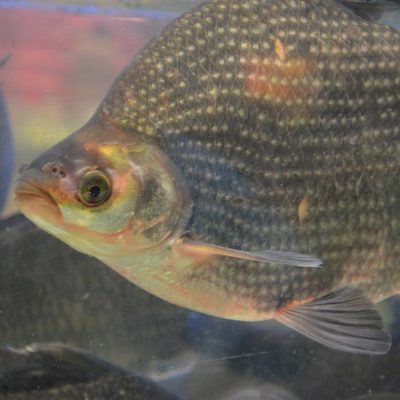Pacific salmon are highly sensitive to ocean acidification – regardless of how much they eat
Climate change is driven in part by excess carbon dioxide emissions, much of which is absorbed by the ocean, a process known as ocean acidification.
First ever global map of fishmeal and fish oil factories exposes industry’s footprint
UBC study has revealed the global distribution of fishmeal and fish oil factories for the first time, shedding light on a critical area of the aquaculture supply chain
Global North’s growing appetite for farmed salmon imperils communities’ access to local fish
The growing appetite for expensive farmed salmon can leave coastal communities struggling to access affordable local fish like sardines and anchovies
Can aquaculture help create a sustainable planet?
Properly done, aquaculture has the potential to produce food for millions of people, conserve and restore ecosystems and replenish endangered wild fish stocks.
Are viruses keeping sea lice at bay in wild salmon?
More than 30 previously unknown RNA viruses in sea lice have been identified by UBC researchers. Sea lice are parasitic copepods (small crustaceans) found in many fresh and saltwater habitats and have been implicated in the decline of wild salmon populations.
Expecting aquaculture to ‘feed the world’ may be unrealistic, UBC-led study shows
Trends in global aquaculture growth rates reveal that the 101 million tonnes of farmed fish intergovernmental bodies expect countries to produce by 2030 may be unrealistic.
Tilapias are not precocious, they are just resilient
Tilapias living in crowded aquaculture ponds or small freshwater reservoirs adapt so well to these stressful environments that they stop growing and reproduce at a smaller size than their stress-free counterparts.

